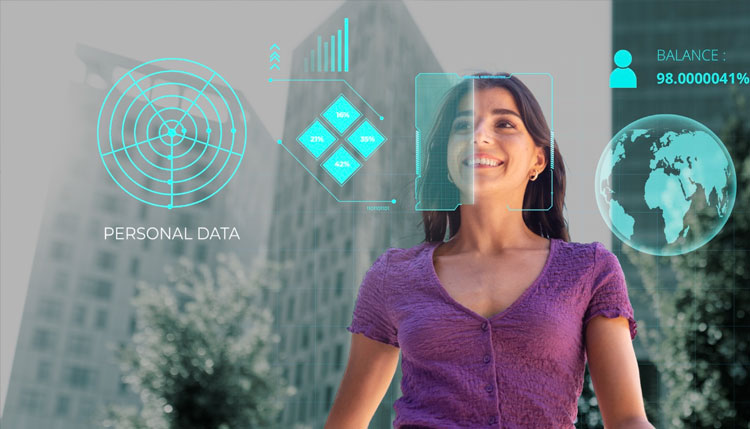
Understanding Ethical Biometrics
Biometric technologies are becoming ubiquitous, from unlocking phones to boarding planes. While offering convenience and security, they raise privacy concerns and ethical questions about surveillance and consent.
The Promise of Biometrics
Biometrics provide a level of security that’s inherently tougher to forge compared to old-school methods like passwords or PINs. Take banking – using your unique physical traits to log in can seriously cut down on fraud risks. And in healthcare, biometric IDs help make sure only the right people access your sensitive medical info, keeping your privacy protected while streamlining your treatment. So biometrics offer a nice balance – beefed-up security without sacrificing convenience or confidentiality.
Furthermore, in scenarios where safety is of the utmost importance, such as at airports or during large public events, biometric technologies can offer a seamless yet highly secure approach to crowd management and threat detection. The lightning-fast processing speeds and remarkable accuracy of these cutting-edge systems in these critical contexts really showcase their incredible potential to safeguard lives and uphold public order. When it comes to ensuring the safety of people in high-risk environments, biometrics have proven themselves to be invaluable tools that can make a real difference.
Privacy Concerns
Despite these benefits, the use of biometric data introduces profound privacy concerns. Unlike passwords, biometric characteristics are intrinsically linked to individuals and cannot be changed if compromised. This permanence means that once a person’s biometric data is leaked, it can potentially be misused indefinitely.
Privacy is a concern due to the lack of transparency around biometric data collection, use, and storage. Individuals often lack information about what happens to their data or who has access to it. This lack of control and awareness can create a sense of surveillance, where one’s actions may be tracked without consent.
Surveillance and Consent
The idea of using biometric technologies, like facial recognition, for surveillance purposes is definitely one of the most controversial ethical issues surrounding these emerging technologies. Governments in cities across the globe have started implementing facial recognition cameras in public areas, claiming it’s for security reasons. But this practice has really stirred up a lot of debate about people’s right to privacy, even when they’re out in public. A lot of folks are questioning whether citizens should just have to accept being under constant monitoring as the new normal.
The topic of consent is absolutely critical in this ongoing debate. In a lot of situations, people don’t really have a genuine choice when it comes to participating in biometric identification, especially when it’s used for public services or vital everyday activities. This kind of forced consent, where opting out means missing out on important services or conveniences, presents a major ethical quandary that needs to be carefully considered. If people can’t freely choose whether to submit their biometric data, that raises some serious red flags around privacy, autonomy, and the power dynamics at play.
Regulatory Frameworks
Dealing with the ethical issues surrounding biometric tech calls for strong rules and regulations to make sure these technologies are used properly. The rules need to have clear ways for people to give consent, set limits on how the data can be used, make sure the data is accurate, and provide for the safe storage and deletion of biometric info. And these laws have to be enforceable, with serious consequences if they’re broken or the tech is misused.
The EU’s GDPR provides a framework that other regions could emulate. It treats biometric data as sensitive, requiring higher protection standards and giving individuals more control over their personal data.
Looking Ahead
The future of ethical biometrics is a complex issue that requires open and honest dialogue between technology developers, policymakers, and the general public. As biometric systems continue to advance, it’s crucial that we collectively develop a deeper understanding of the ethical ramifications of these technologies. Educating people about how their personal data is being utilized and giving them genuine choices when it comes to its use are essential for building trust and acceptance around biometric innovations.
This is the only way we can truly maximize the potential of these technologies while still upholding our ethical principles and protecting individual privacy rights. It’s a delicate balance, but one that’s vital to get right as biometrics become increasingly prevalent in our lives.
So, in the end, biometric technologies definitely have a lot of potential when it comes to boosting security and making things more convenient. However we’ve got to be really careful about how we roll these out, you know?
We’ve got to make sure we’re striking the right balance between the upsides of these tools and respecting people’s privacy and consent. It’s a tricky line to walk, but it’s super important that we get it right. We at TrueID want these technologies to be a force for good that empowers people, not something that tramples all over their rights. If we can find that sweet spot, then biometrics could be a total game-changer. For more information, please write to info@trueid.in.










